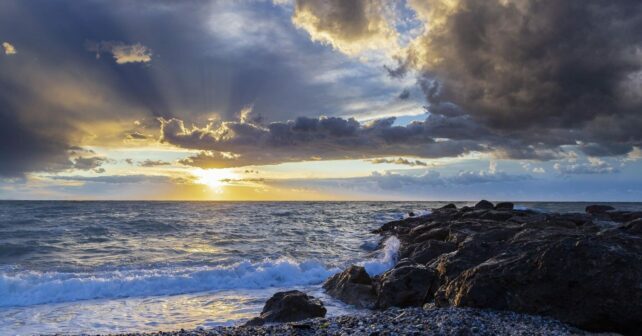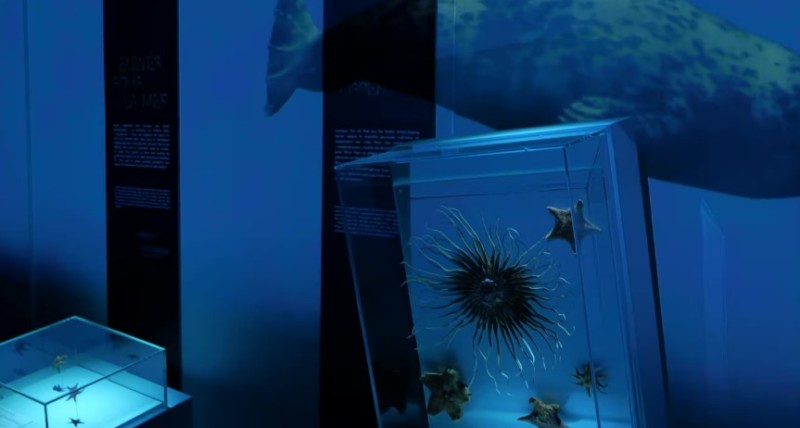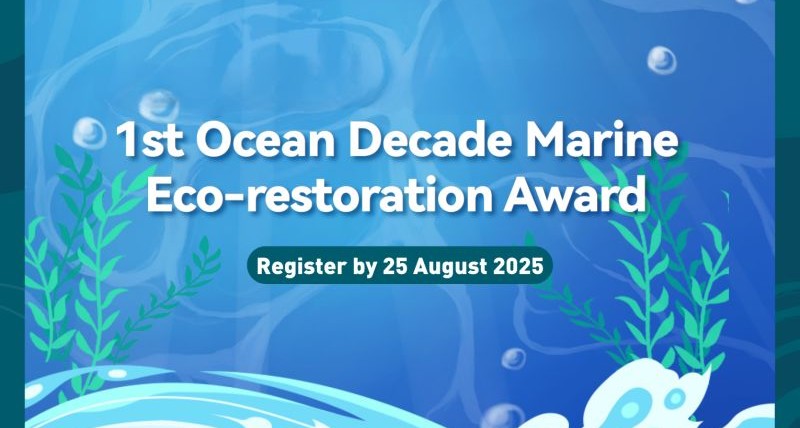Strict Protection is the Most Effective Tool for Ensuring the Conservation and Restoration of Seas and Oceans in the Face of Climate Change. Therefore, it is Also Important to Expand Protected Areas, Particularly in Places like the Mediterranean, which Has Biodiversity of Enormous Importance.
For the seas to act as the planet’s lungs, more protected marine areas and greater protection of marine life are necessary. It is essential that these areas have consistent management plans that shield them from harmful activities.
The marine environment is in a precarious state: nearly all habitats and protected species are in a unfavorable or unknown condition, while theoretically protected marine areas are being used for activities incompatible with conservation, such as trawling.
Marine Protection Must Be Strict
Oceana has urged the Spanish Congress to increase pressure on the executive branch to expand the area of strictly protected seas in Spain, as the current percentage is laughable (less than 0.1%). To meet European conservation goals, the country must achieve strict protection of 10% by 2030.
During an event, NGOs presented the socio-economic and ecological benefits of strictly protected marine zones to participants, with experts such as The Ocean Defender Alexandra Cousteau and renowned scientists like Dr. Cristina Linares from the University of Barcelona. The President of Congress, Francina Armengol, opened the event with a speech urging Congress members to prioritize strict marine protection in Spain.
« It is concerning that Spain has no roadmap to increase the strict protection of very valuable marine ecosystems. Deputies in Congress can be great allies when they place this issue at the forefront of the political agenda and encourage the Spanish government to act as a leader in marine conservation in front of the European Union, » said Armengol.
« It has been proven that closing certain areas of the sea to turn them into biodiversity paradises helps restore habitats and conserve species, in addition to promoting a sustainable blue economy, » explained Ocean Defender and senior NGO advisor, Alexandra Cousteau.
« Strict protection zones allow healthier and more productive habitats to support sustainable fishing, in addition to increasing the resilience of oceans against the effects of climate change. We are available to the government to provide the scientific information necessary to support the designation and expansion of ecosystems for protection, particularly those of high natural value and with great capacity to conserve and store carbon, » said Dr. Cristina Linares, Professor of Ecology at the University of Barcelona.
Proposal to Designate New Protected Areas
Representatives from Oceana have submitted a proposal to the members of Congress to designate new areas for strict protection in the seas and expand the most vulnerable ecosystems.
Additionally, the Marilles Foundation presented the results of a new scientific study that analyzed the areas of greatest ecological relevance in the Balearic Sea—key information to advance strict protection in this region.
All of this is in the Mediterranean, one of the seas richest in biodiversity, but also one of the most overexploited. The identified areas are primarily located in the waters of Andalusia, Catalonia, the Valencian Community, the Balearic Islands, and the Murcia region. If the two organizations’ proposals are adopted, these spaces would contribute to 5.4% of the Spanish Mediterranean being under stricter protection.
Source: especes-menacees




